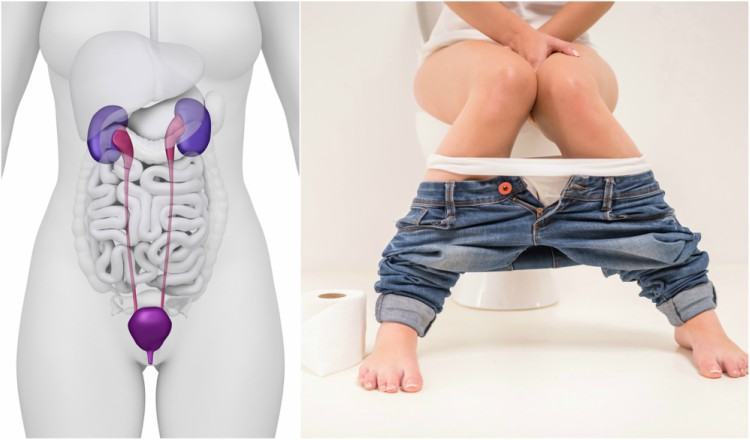Urological cancers are among the most common and can affect your bladder, kidney, and other organs of the urinary system. Each year, more than 70,000 people are diagnosed with bladder cancer in the U.S., with men being three to four times more likely than women to have it.
Globally, bladder cancer is the ninth most common, with the highest rates being in North America and Europe. The good news is that if detected early, the treatment success rate is very high for bladder cancer. What’s vital is to report any changes or signs to your doctor.
Sometimes, the signs of bladder or other urological cancers mimic a kidney infection or condition. One thing you’ll need to do is pay attention when you use the bathroom. Down below, we’ll discuss what to watch for.
-
Bloody Urine
Blood in the urine is the number one sign of bladder or kidney cancer. Coloring can range from pink to red to brown. Sometimes you can’t see it with the naked eye. Bloody urine could also mean you have a UTI, bladder infection, or kidney stones. It doesn’t matter if you see blood once or many times; see a physician for any changes in your urine!
-
Pelvic Pain
If a cancerous tumor is growing in the bladder wall, pain or pressure could be present. Follow up with a physician about ongoing pelvic pain or a weird pressure, especially if it’s accompanied by these other symptoms.
-
Frequent Urination
This one is also a sign of an infection, but frequent urination at any time of the day or night could indicate bladder cancer is present.
-
Unable to Pass Urine
Blockages in your urinary tract could be impeding the bladder from passing urine. Get an exam to determine if it’s being caused by a tumorous growth, kidney stone, cyst, or other condition.
-
Feeling of Having to Pee
What this means is that although your bladder is empty, you feel an urgent need to urinate. If this is occurring regularly for you, visit a health professional.
-
Burning or Pain During Urination
Painful, burning urination is linked to an array of illnesses, so don’t just wait for this symptom to simply disappear on its own. This symptom shows up with 3 cancers of the urinary system – bladder, kidney, and prostate.
-
Back Pain
Back pain is considered a sign that bladder cancer has advanced, but it could also mean that you have a kidney infection or other urological condition. Get it checked out!
-
Swollen Feet
Swelling in the feet or ankles is also another sign that the cancer has possibly advanced and metastasized to other parts of the body. Swollen feet could be a sign of either bladder or kidney cancer.
-
Drop in Appetite or Weight
Common with many cancers, a loss of appetite or weight could mean that cancer cells have invaded the body. Sudden changes in your dietary habits or weight should be a red flag; see a doctor to rule anything out.
-
Feeling Weak or Exhausted
Not every patient has bloody urine or other urination problems, but weakness or fatigue was the only alert that it could be cancer. Cancer can lead to fluid buildup in the body, which in turn can make you feel sluggish.
-
“Recurrent UTIs”
Cystitis – also known as a urinary tract infection – has symptoms so similar to bladder cancer that it can be misdiagnosed as a regular infection. But when you keep having UTIs over and over, it may be time to visit a urologist for a definitive diagnosis to rule out bladder cancer. Some patients report getting treated for recurring UTIs when it was actually cancer.
Risk factors for bladder cancer include:
- Smoking
- Chronic UTIs or infections of the bladder wall
- Family history
- Exposure to water laden with toxins like arsenic
- High and repeated exposure to workplace or industrial chemicals
Watch the short clip below about bladder and kidney cancer warning signs. If you are experiencing these symptoms, your physician will perform a series of tests that may include a urinalysis, biopsy, CT scan or MRI. It’s important to visit a medical professional to determine if you have bladder cancer or another medical issue such as kidney stones, prostate cancer, or an infection in your urological system.
Have you ever experienced any of these symptoms? Were you diagnosed or misdiagnosed with a urological condition?




